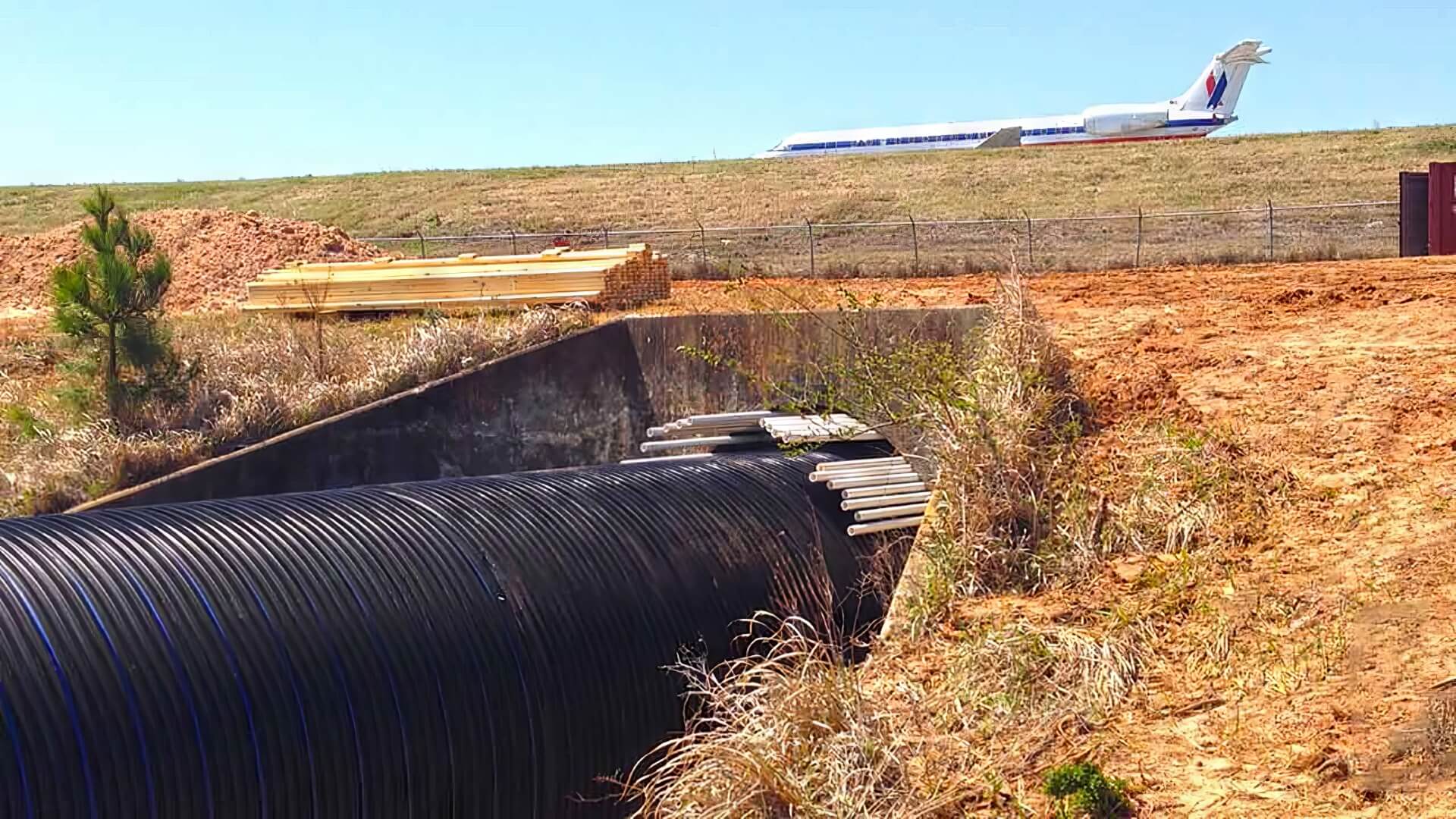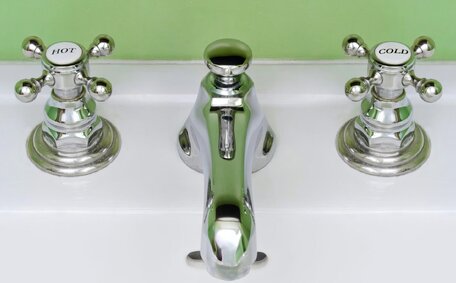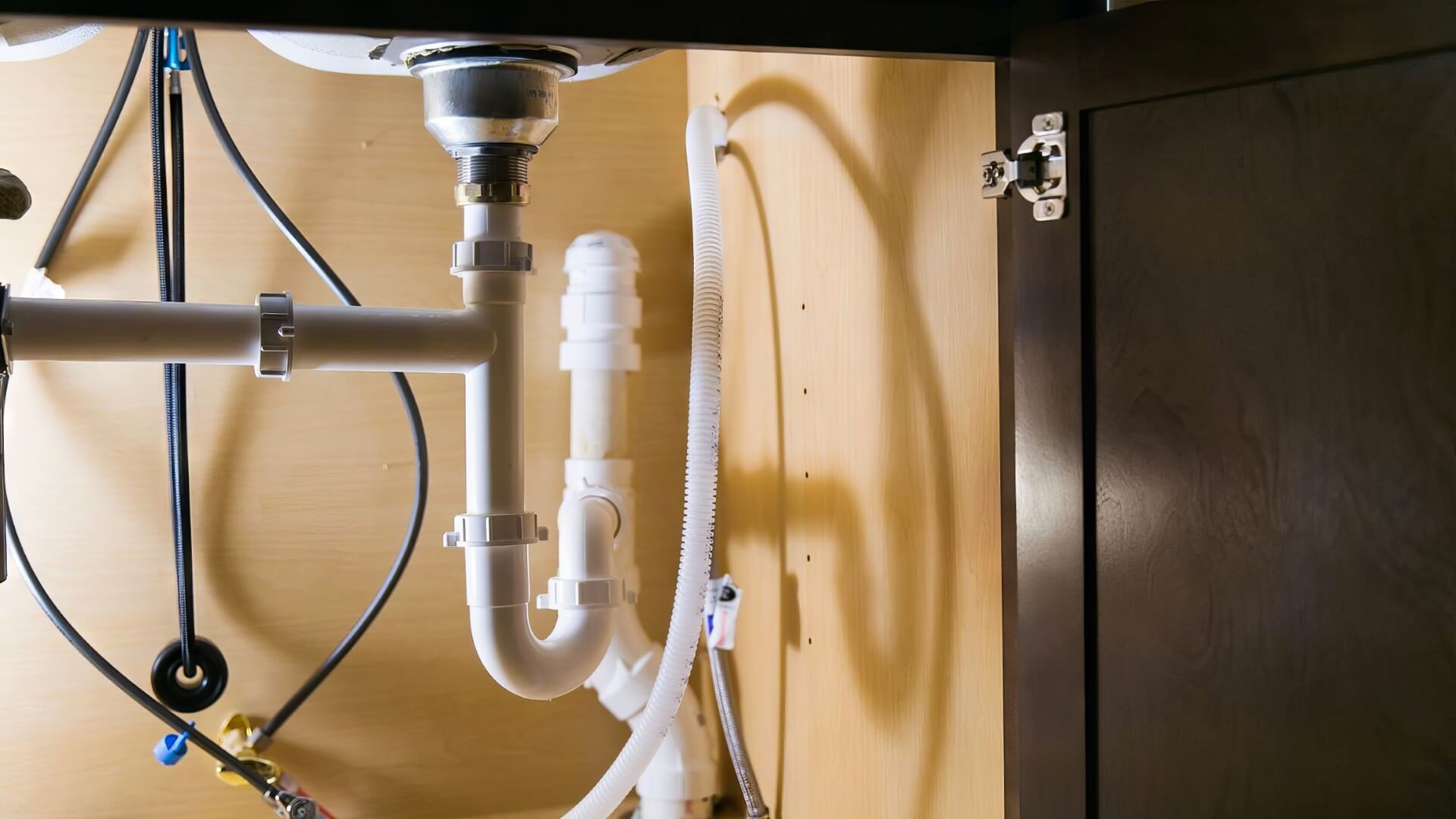
Does Pipe Relining Increase Property Value?
Pipe relining fixes damaged pipes without digging or replacement. It prevents leaks, damage, and improves drainage. This increases property value and saleability for under $2000.
Read MoreWater hammer typically manifests as a loud banging sound in pipes due to hydraulic shock. Water hammer occurs when water is suddenly stopped or changed in direction, sending shock waves through the plumbing system. This swift change in momentum generates shock waves that ripple through the plumbing, enabling water hammers to cause the pipes to rattle with a pronounced noise.
There are several common causes of water hammer in your hot water system:
A prevalent water hammer problem in your house is the rapid closure of valves or taps. Grasping the causative factors that instigate water hammer aids not only in spotting the right fix but also in steering clear of serious damage your plumbing might endure.
To determine the source of disturbance and learn how to turn off water effectively to counteract water hammer in your systems, follow these actionable measures:
If pinpointing the root of water hammer proves challenging, seek a professional plumber’s aid. With the right tools and experience, plumbers can accurately diagnose the source of noise can be attributed to water hammer and recommend effective solutions.
Here are seven insights on how to address water hammer in your plumbing:
Install pressure limiting valves to manage high water pressure and prevent water hammer when quickly closing taps. Utilise a pressure reducing valve which can do wonders to guarantee the pressure isn’t excessive and remains below 80 PSI, thus assisting in preventing water hammer. It’s advisable to fit gauges on hose bibs to track your system’s pressure fluctuations.
Secure all pipes with straps or hangers to reduce shock waves and water hammer noises. Stabilizing pipes can significantly reduce water hammer effects.
Installing arrestors near the main valve and appliances with quick-closing valves, such as washing machines, helps avert water hammer. They could also be put into place along the main water conduit.
To prevent hammering noises when taps are closed, Replace worn tap washers to correct water flow problems and prevent water hammer.
Periodically vent air pockets to reduce water hammer, since air chambers can aid in this process by operating taps at higher elevations. Also ensure the air chamber can function optimally in your plumbing fixtures and is filled correctly.
Do regular inspections to check for leaks, worn parts, and loose pipes. This precautionary approach can more than just steer clear of water hammer issues, it can extend the life of your system.
Taking preventative measures against water hammer can help reduce the chance of serious incidents that could damage your pipes and avert costly fixes. Contact your local professional plumber if you need help installing solutions like arrestors.
Installing a pressure reducing valve is crucial to managing high mains water pressure and preventing water hammer. This will control the incoming water pressure from the main supply down to a safe level around 55 PSI (380 kPa). Excessive pressure over 80 PSI is a common cause of water hammer.
Here are the steps to adjust your water pressure:
Regulating your plumbing to maintain the appropriate water pressure is key to preventing water hammer damage. Maintaining pressure around 55 PSI gives a good cushion below the 80 PSI threshold where hammering issues arise.
Should you require support in installing or calibrating a pressure reducing valve on your property, it’s prudent to call plumber specialists to secure optimal and safe water pressure.
Installing water hammer arrestors can effectively safeguard against the occurrence of water hammer. Here are the steps to properly install arrestors:
Installing arrestors on individual fixtures as well as the main line provides optimal protection. Contact a professional plumber if you need assistance installing water hammer arrestors properly.
Effectively securing pipes is essential to curtail water hammer problems. Noisy pipes often stem from being loose or unsupported; they vibrate excessively during water hammer events, thus amplifying both noise and potential for damage.
Inspect current pipe straps, brackets, hangers, and supports for wear that may cause noise. Add more supports if pipes have excessive spans between attachments. Straps or hangers should be placed at least every 1.2 metres along straight pipe runs.
Use pipe clamps to tighten any loose connections or fittings. Apply thread seal tape or pipe joint compound to prevent leaks. Secure pipes to framing members or walls with metal straps, hangers or brackets designed for plumbing.
For plastic pipes, take care not to overtighten clamps which could crush the pipe. Use hangers with plastic pipe shields to prevent this.
For advice on the right supports and configuration for your plumbing, consult a professional plumber.
Regular maintenance on your plumbing system is vital for preventing issues like water hammer, characterized by banging and vibrating noises. Annual inspections by professional plumbers can prevent major issues by identifying early signs of water hammer.
During maintenance visits, a plumber will examine for leaks, loose plumbing pipes, worn components, suitable water pressure, and indications of problems causing water hammer. They can then make adjustments to optimise your system, like securing pipes, replacing fixtures, or installing water hammer arrestors if needed.
You should also inspect exposed pipes regularly for vibrating sections or leaks when water is flowing. Schedule periodic maintenance with a professional plumber to keep your plumbing in top shape and prevent costly emergency repairs down the road.
If youve tried DIY solutions but are still experiencing persistent water hammer noises, it’s a sign you need a professional plumber. Continued water hammer indicates an underlying issue that requires the skills and tools of a licenced plumber to properly diagnose and fix.
An experienced plumber can offer more effective water hammer solutions, including:
Don’t ignore persistent water hammer noises.
Understanding how vibrations from water hammer can weaken joints and cause leaks or bursts is crucial. Call Leichhardt Plumbing on 1300 349 338 to schedule a maintenance visit. Our licenced plumbers have the expertise to properly diagnose your water hammer and implement effective solutions.
In summary, water hammer is a common issue that can cause banging noises and potential damage in your plumbing system. It’s important to address water hammer promptly by understanding what’s causing it and implementing solutions. Start by locating the source, whether it’s worn fixtures, loose pipes, high water pressure, or quick closing valves. Preventive measures like arrestors, securing pipes, and pressure regulation can stop water hammer before it arises.
Although simple DIY methods might offer temporary relief, Don’t ignore ongoing banging noises - call in a professional plumber for inspection and repairs. Although simple DIY methods might offer temporary relief,
Safeguard your plumbing by addressing the underlying issues that lead to water hammer. Reach out to Leichhardt Plumbing at 1300 349 338 for expert resolution of water hammer and comprehensive plumbing services.
Pipe relining fixes damaged pipes without digging or replacement. It prevents leaks, damage, and improves drainage. This increases property value and saleability for under $2000.
Read MoreThe efficiency of your hot water system can be impacted by various environmental factors. Proper insulation, temperate climates, and appropriately sized systems lead to enhanced efficiency, lower energy bills, and reduced emissions. Compare different hot water systems and learn tips to maximise efficiency.
Read MorePipe relining is the most effective way to permanently solve bad sewer smells without the need to dig trenches or damage your property. Our trenchless pipe repair specialists use specially designed pipes to reline your old, damaged pipes. This stops cracks and leaks that let sewage smells flood your home.
Read MoreLeichhardt, 2040 NSW
We will call back as soon as possible.




